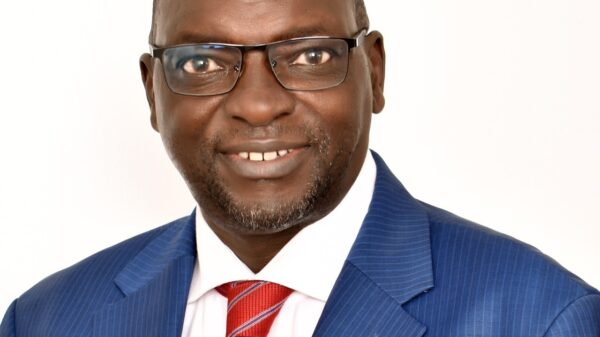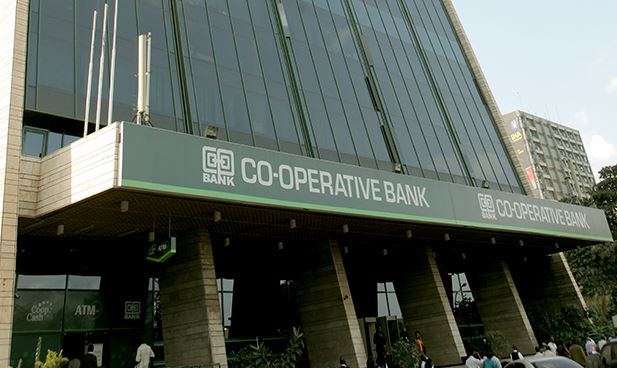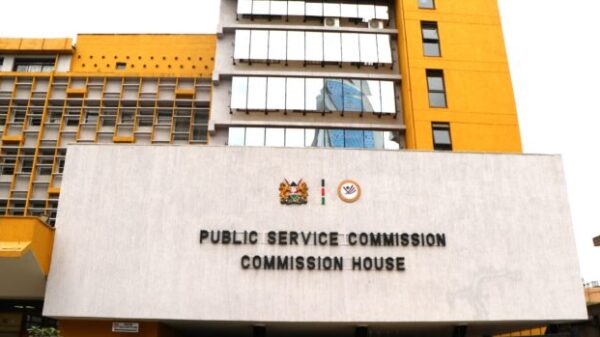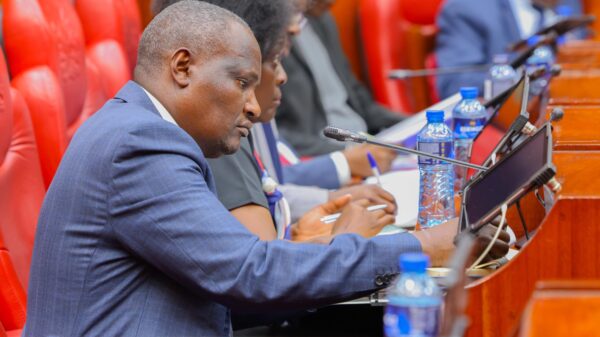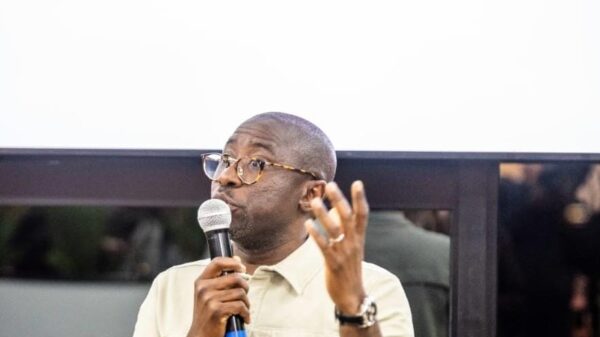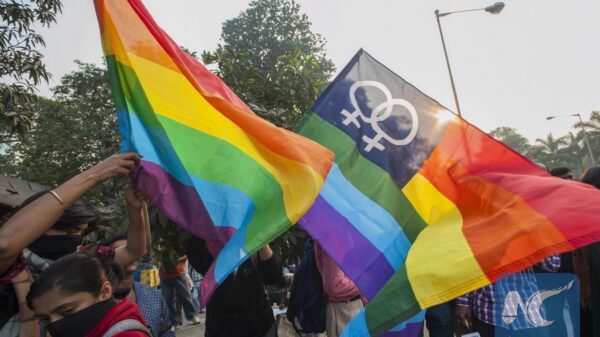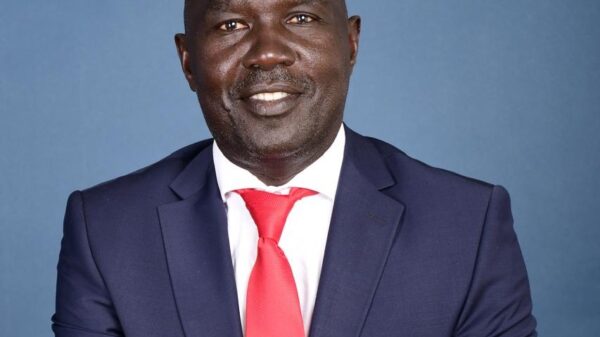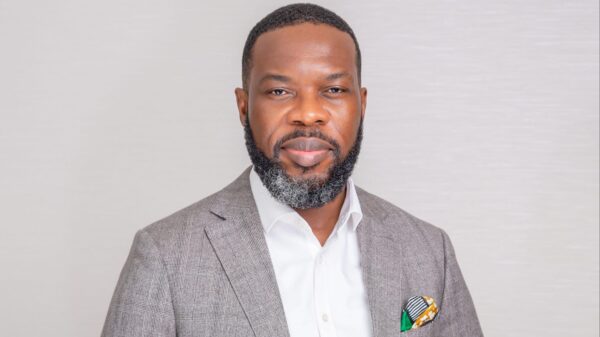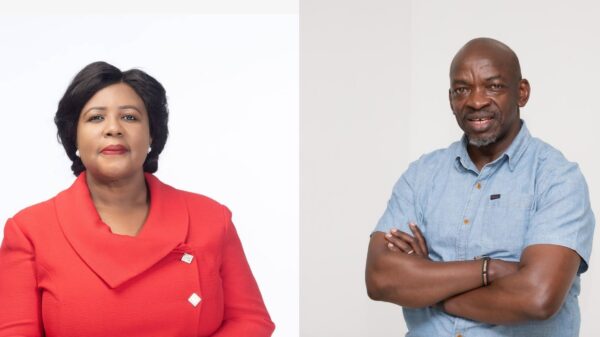NAIROBI, Kenya, Apr 18 – The Pan-African Climate Justice Alliance (PACJA) has launched the African chapter of a global campaign challenging exploitative financial systems blamed for worsening poverty and deepening climate vulnerability across the continent.
Speaking in Nairobi, PACJA Executive Director Mithika Mwenda described Africa’s debt crisis as a humanitarian emergency and criticized international climate finance frameworks for failing to address the scale of the crisis.
“We cannot build a just and sustainable world on the foundation of unjust debt and exploitative financial systems,” said Mwenda.
“Pledging billions at COP29 when trillions are needed is not climate leadership—it’s climate negligence.”
Mwenda decried climate financing models that rely heavily on loans instead of grants, warning that such mechanisms increase debt burdens on already struggling economies.
The campaign specifically targets policies and loan conditions imposed by multilateral lenders such as the International Monetary Fund (IMF) and the World Bank—institutions accused of enforcing austerity, shrinking public services, and reinforcing systemic poverty.
“These policies hurt women first,” campaigners said, pointing to the disproportionate impact of service cuts on access to healthcare, education, and social protections for women and children.
ActionAid’s Regional Climate Justice Advisor Sheila Apiny echoed these sentiments, calling for deep structural reforms.
“For 40 years, Africa has borne the burden of neoliberal economic policies disguised as adjustment and reform,” she said.
The campaign is also taking aim at global tax injustice, arguing that while citizens are burdened with taxes, wealthy individuals and multinational corporations continue to exploit loopholes and avoid contributing to the public good.
Despite bearing the brunt of climate impacts, African nations remain at the mercy of global systems that favor the wealthiest 1 percent—who not only contribute significantly to climate change but also dominate policy spaces and institutions.
Mwenda further warned that Africa’s vast deposits of critical minerals—central to the green energy transition—risk becoming a new frontier of resource exploitation unless equity and sustainability are prioritized.
The campaign aligns with the African Union’s 2025 theme on justice and reparations and coincides with the 80th anniversary of the Bretton Woods institutions, whose global financial influence is under growing scrutiny.
Jackson Braganza, Executive Director of the African Forum and Network on Debt and Development (AFRODAD), called out the inherent conflict of interest within multilateral lenders.
“These institutions remain primarily accountable to creditors and funders, not the countries they claim to support,” he said.
As part of its global push, PACJA will leverage key international events in 2025—including the World Social Summit in Qatar, the Financing for Development Conference in Spain, and COP30 in Brazil—to amplify its demands.
These include debt cancellation, a permanent end to austerity measures, increased public investment, and climate finance approaches that prioritize justice and equity over debt accumulation.

